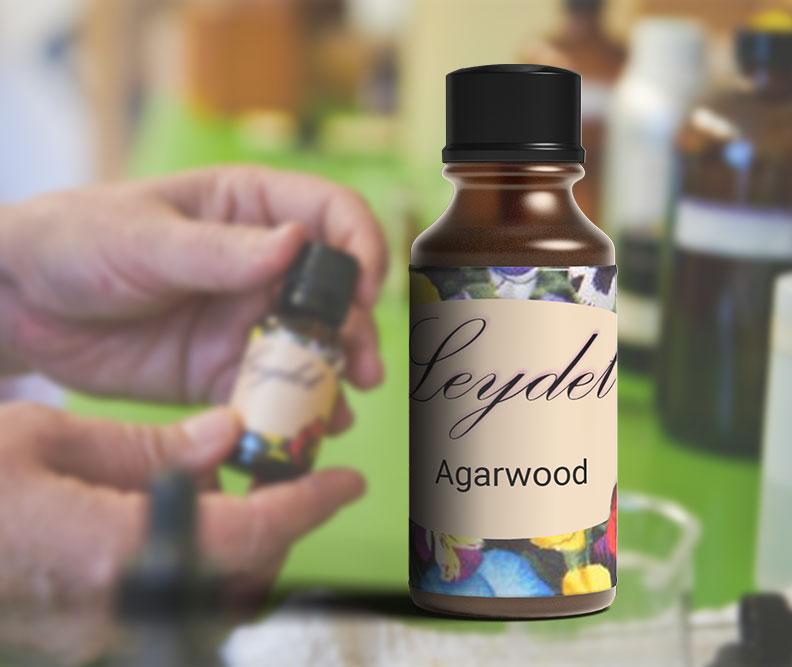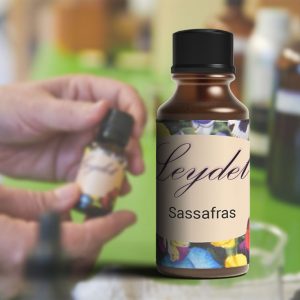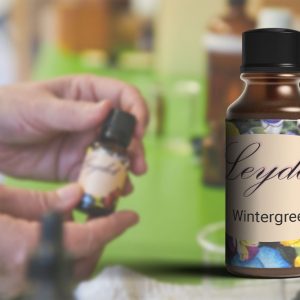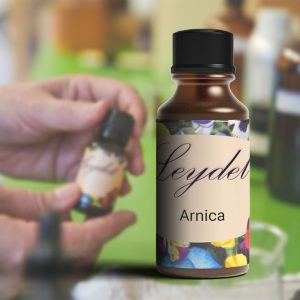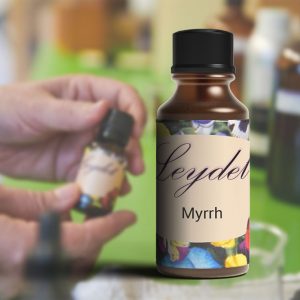Shop
Agarwood
May be sold as Oud, Aloewood or Agarwood. The tree produces an oleoresin within the heartwood
Botanical Name : Aquillaria agallocha
Description
“May be sold as Oud, Aloewood or Agarwood. The tree produces an oleoresin within the heartwood after being attacked by a fungus. Young and healthy trees yield no essential oil. This heartwood is coarsely chopped and soaked in water before distillation. This is a very costly oil, if sold for much less it is certainly adulterated. It does have applications for use on the physical body, it is rarely employed for those properties because of the cost. It is a venous and lymphatic decongestant. Used internally it is a stimulant and laxative, in large doses, purgative is probably more accurate. Primarily for religious and symbolic uses. Ud is called Jinko in Japan & burned as incense in temples. In Tibet known for milleniums for the highest vibrations of the soul. Used for the highest elevations of the soul in the Sufi religion. It is the transition oil for stages between life, death and rebirth.
20 something years ago we were able to get some amazing Ud. Two men had plant material shipped to the US and conducted a steam distillation here for a distributor. That Ud had a quality that is apparently never to be repeated. That kind of raw material is in extremely short supply if available at all. Old infected trees produce very high quality Ud, cultivated trees produce a product that is agreed to be inferior by those that know and have experienced that other material. Poaching and decimation of the remaining stands of trees have driven me to purchase from cultivated plants only.
Ud has a deep, dark earthy smell. The depth of the smell is received low – tasted almost. There is some slight sharpness that is a bit like green plant material, a bit solvent. The smell reminds me of a specific occasion, a spring storm had blown over a large Oak. The hole left by the root ball had a smell and a feeling coming out of it”
Additional Information
| Country of origin |
|---|

